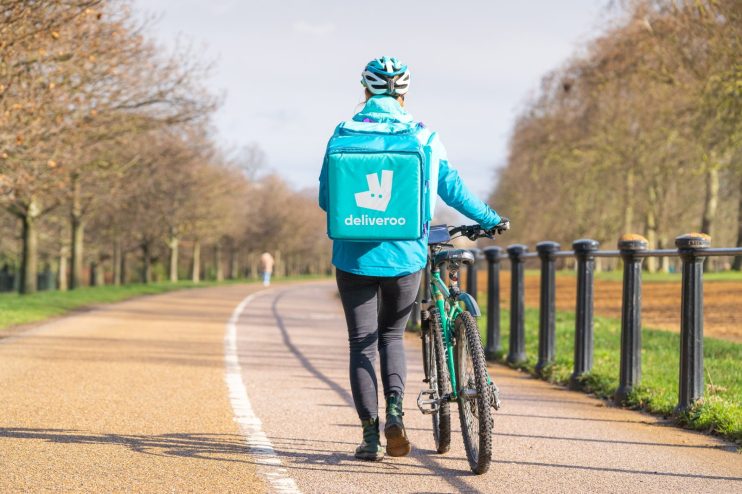Gig workers on the verge of wider employee rights under EU plans

The European Commission announced this morning draft rules to give workers at online platform companies such as Uber and Deliveroo better social rights, but which companies say could lead to job losses and more litigation in court.
The proposal, a global first that needs to be thrashed out with EU countries and EU lawmakers before it can become law, marks the latest attempt by the European Union to regulate tech companies and ensure a level playing field.
Online platform companies that set pay and standards of conduct for their workers will have to classify them as employees entitled to a minimum wage, paid holidays and pension rights, according to the draft rules.
The companies will also be considered an employer if they supervise the performance of work through electronic means, restrict workers’ ability to choose their working hours or tasks, and prevent them from working for third parties.
The rules will also require ride-hailing, food delivery apps and other companies to be more transparent on how they use algorithms to monitor and evaluate workers and to set tasks and fees, where employees can ask for compensation for breaches.
The EU executive said the draft rules could apply to between 1.7 million and 4.1 million workers from the 28 million working at more than 500 online platform companies across the 27-country bloc.
“Genuine self-employed on platforms will be protected through enhanced legal certainty on their status and there will be new safeguards against the pitfalls of algorithmic management. This is an important step towards a more social digital economy,” the EU’s digital chief Margrethe Vestager said in a statement.
An Uber spokesperson told Reuters: “Uber is committed to improving the working conditions for the hundreds of thousands of drivers and couriers who rely on our app for flexible work.
“But we are concerned the Commission’s proposal would have the opposite effect – putting thousands of jobs at risk, crippling small businesses in the wake of the pandemic and damaging vital services that consumers across Europe rely on. As countries including France have demonstrated, there is a better way and any EU-wide rules should allow drivers and couriers to retain the flexibility we know they value most, while allowing platforms to introduce more protections and benefits.”
Ride-hailing service Bolt echoed this sentiment, and its Vice President of Regulation and Public Policy, said: “We are disappointed that the European Commission is proposing to sacrifice the flexibility and efficiency of platform work through the reclassification of employment. It seems to be a one-sided approach that doesn’t take all available options into consideration.”
On the matter, Dee Coakley, chief exec at Boundless, a global remote employment platform: “Finally, some news so many of us have been waiting for – reclassifying gig economy workers as employees as part of an ongoing global crackdown on companies like Uber, Bolt and Deliveroo using independent contractors.
As the UK Supreme Court declared earlier this year, there isn’t a level of independence in these workers for such a classification to be used. Misclassifying employees for independent contractors is illegal in a majority of countries.”
“This is also really important for the larger working world as many knowledge workers, especially those working in different from the company’s HQ countries, have also been misclassified as contractors simply because historically, it’s been easier and cheaper to contract individuals rather than set up a local office or entity. This move from the European Commission suggests that governments are increasingly unwilling to tolerate this scenario.”